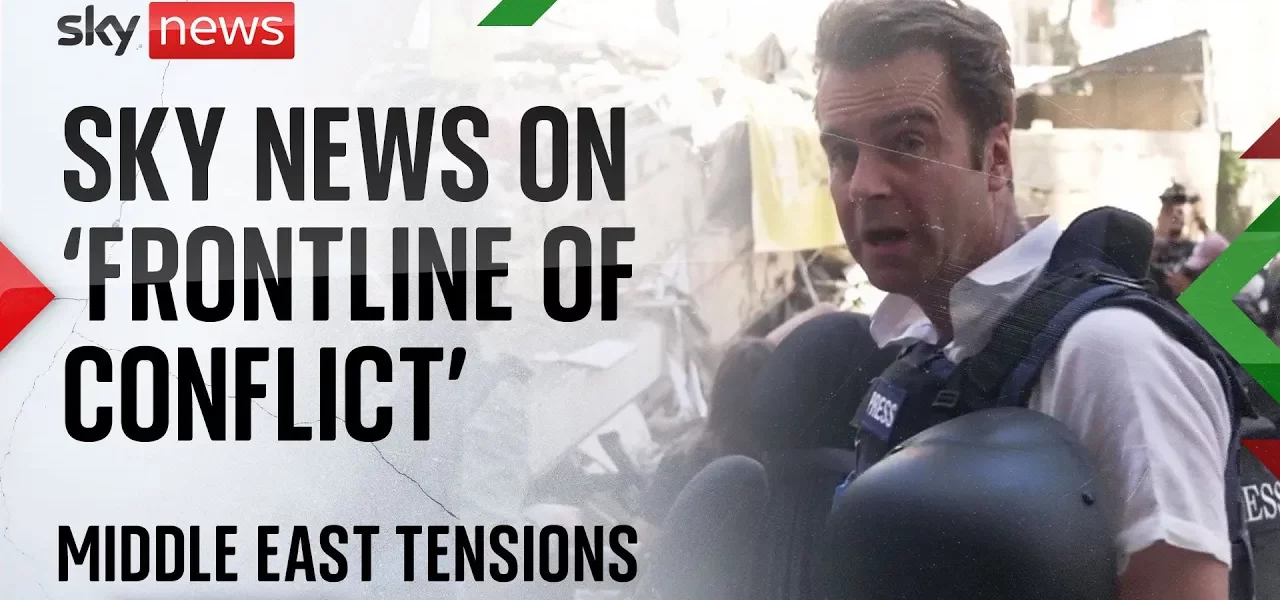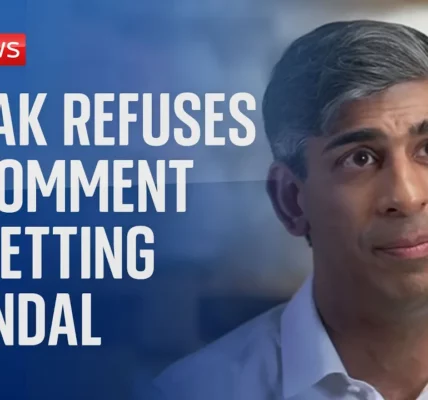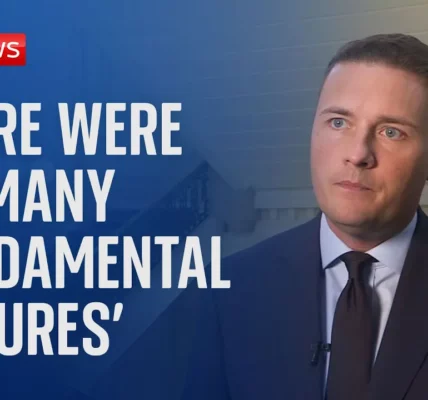Israeli Forces Carrying Out Limited Ground Invasions in Lebanon

This article provides a comprehensive overview of the recent limited ground invasions by Israeli forces in Lebanon, particularly in the Hezbollah-controlled areas of Beirut. Our international correspondent, John Sparks, offers firsthand insights from the front lines of this escalating conflict.
Introduction to the Conflict in Lebanon
The ongoing conflict in Lebanon has escalated significantly in recent weeks, with Israeli forces conducting what they describe as limited ground invasions. These operations have primarily targeted Hezbollah-controlled areas, notably in South Beirut. As tensions rise, the humanitarian implications of these military actions are becoming increasingly severe. In this article, we explore the current situation, the perspectives of both Israeli forces and Hezbollah, and the broader implications for the region.
Ground Invasions and Air Strikes
Israeli ground invasions and air strikes have intensified, particularly in the densely populated districts of Beirut. These military actions are often justified by Israel under the pretext of targeting Hezbollah’s military capabilities, which are alleged to be hidden within civilian infrastructure.
Recent Developments
Our correspondent, John Sparks, recently reported from the Hezbollah-controlled area of Dahia, where he witnessed the aftermath of a missile strike on a religious television station. This incident highlights the ongoing military operations and the risks faced by civilians in the area. Key points include:
- Israeli forces have conducted a series of air strikes overnight, with reports indicating at least 12 strikes in Beirut.
- The targeted location was an office block that collapsed just two days prior, illustrating the immediate impact of the conflict.
- Hezbollah has decorated the ruins with portraits of Hassan Nasrallah, signaling their defiance and commitment to their cause.
The Humanitarian Impact of the Conflict
The humanitarian situation in Lebanon is deteriorating as a result of the conflict. The heavy bombardment has led to significant casualties and displacement among the civilian population. The following aspects are crucial to understanding this impact:
Casualties and Displacement
With the ongoing military operations, the civilian population bears the brunt of the violence. The consequences include:
- Increased civilian casualties due to air strikes and ground invasions.
- Displacement of families from their homes, particularly in densely populated districts.
- Severe damage to infrastructure, including residential buildings and public services.
International Response
The international community has expressed concern over the humanitarian implications of the conflict. Key points include:
- Calls for ceasefires and humanitarian corridors to assist affected civilians.
- Pressure on both Israeli and Hezbollah forces to protect civilian lives during military operations.
Hezbollah’s Perspective
Hezbollah’s leadership claims that Israeli forces are deliberately targeting residential areas rather than military assets. Their narrative emphasizes the following points:
Counterarguments to Israeli Justifications
Hezbollah argues that the claims made by Israel about manufacturing weapons under civilian buildings are unfounded. They assert that:
- The targeted areas are primarily residential, with a population exceeding one million people.
- Israeli actions are seen as a violation of international law and an attack on civilian life.
Conclusion
The situation in Lebanon remains critical as Israeli forces continue their operations against Hezbollah. The implications of these military actions are profound, affecting the civilian population and raising significant humanitarian concerns. As the conflict evolves, it is imperative for the international community to advocate for peace and the protection of innocent lives. We encourage our readers to stay informed and support humanitarian efforts aimed at alleviating the suffering of those affected by this conflict.
“`




